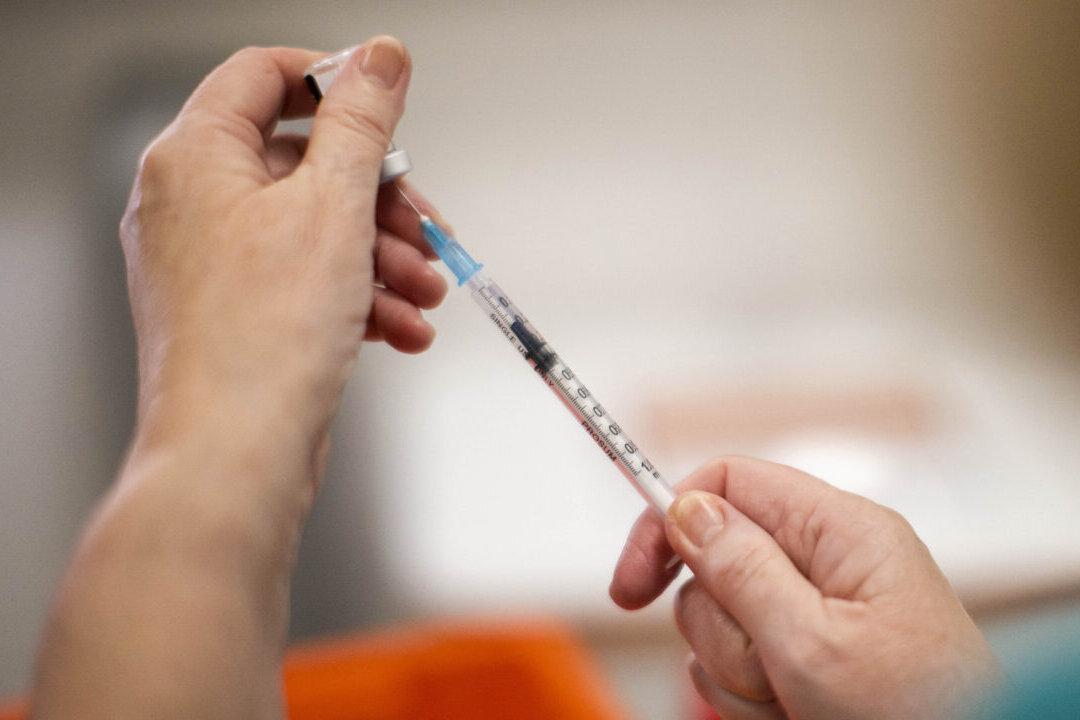The UK Medicines and Healthcare Products Regulatory Agency (MHRA) detected a signal for post-vaccination myocarditis and pericarditis four months before telling the public, emails show.
According to emails, the MHRA detected a safety signal for heart inflammation after COVID-19 vaccination in early 2021, but did not tell the public about the issue for nearly four months until June 25, 2021, when it added warnings to the labels for the Pfizer and Moderna shots.






